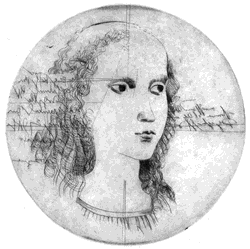|
PENSAR
LA INTERCULTURALIDAD
El contexto de la nación guatemalteca de
posviolencia
Manuela Camus
 El
concepto de “interculturalidad” está de moda
en Guatemala porque representa el proyecto hegemónico en
el debate de la construcción de la nación multicultural
de la posguerra. Aunque ha permitido la apertura de una discusión
pública del espinoso problema de la dicotomía de
“indios” y “ladinos”, es preciso comprender
qué significa y también saber qué se puede
contestar, mejorar, rechazar, o cambiar, porque la discusión
y los proyectos sociales no se acaban ahí. Aunque el texto
remite a la realidad guatemalteca, estos planteamientos están
en sintonía con sucesos semejantes que se están
produciendo en Latinoamérica y en el mundo y, en este sentido,
pretende tener una proyección teórica más
amplia. El
concepto de “interculturalidad” está de moda
en Guatemala porque representa el proyecto hegemónico en
el debate de la construcción de la nación multicultural
de la posguerra. Aunque ha permitido la apertura de una discusión
pública del espinoso problema de la dicotomía de
“indios” y “ladinos”, es preciso comprender
qué significa y también saber qué se puede
contestar, mejorar, rechazar, o cambiar, porque la discusión
y los proyectos sociales no se acaban ahí. Aunque el texto
remite a la realidad guatemalteca, estos planteamientos están
en sintonía con sucesos semejantes que se están
produciendo en Latinoamérica y en el mundo y, en este sentido,
pretende tener una proyección teórica más
amplia.
INTERCULTURALITY
THINKING
Context of the post-violence
Guatemala nation
Manuela Camus
The
concept of “interculturality” is a current trend in
Guatemala, as it stands for the hegemonic project in the debate
on the construction of a post-war intercultural nation. Although
it has allowed for an open public discussion of the thorny issue
of the “Indian”-“ladino” dichotomy, we should
understand what it means and keep in mind that it may be contested,
improved, rejected, or changed; whereas it is not the final word
on social discussion and projects. Although the paper refers us
to the Guatemalan reality, these postulates are in tune with similar
events occurring in Latin America and the rest of the world.
In this sense, it aims for a wider theoretical projection.
|